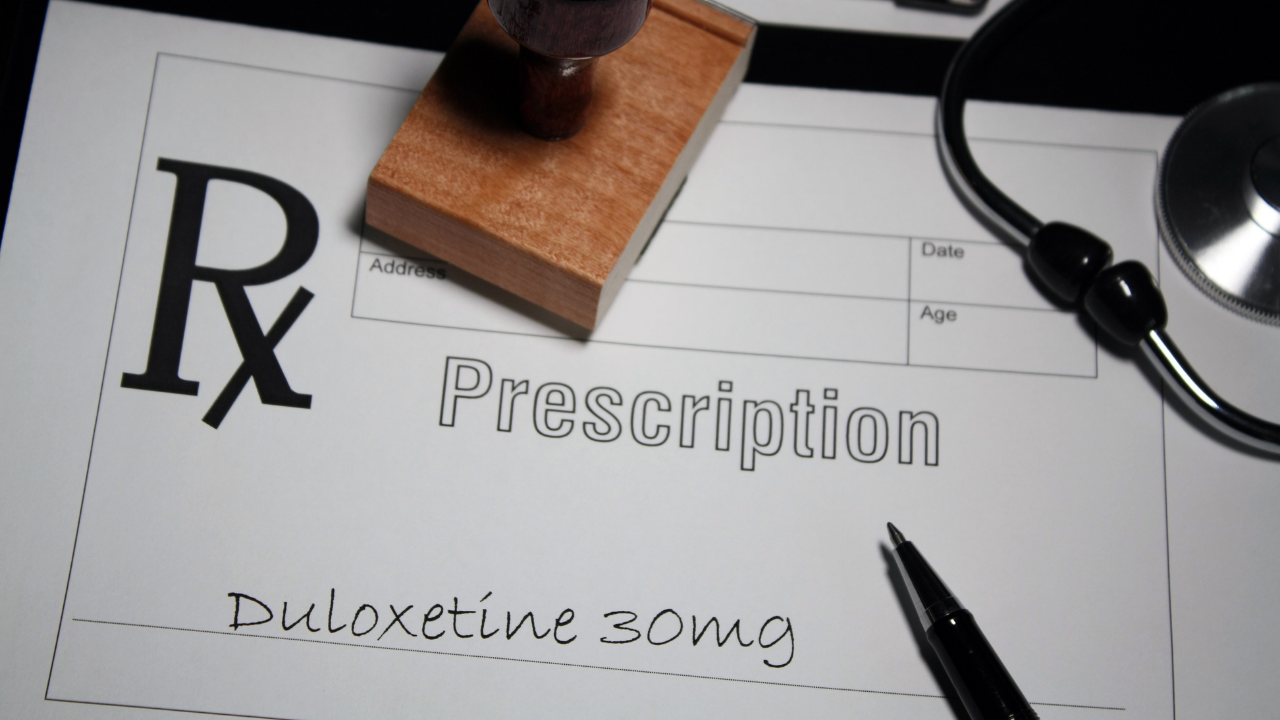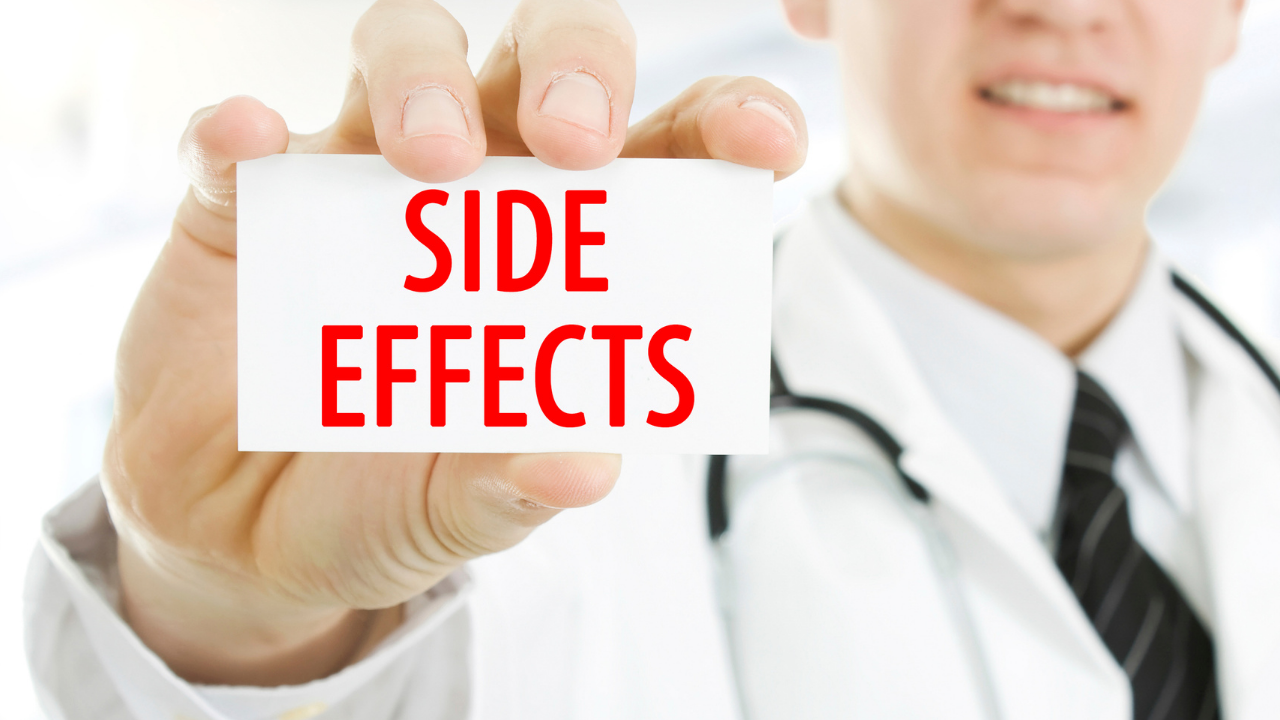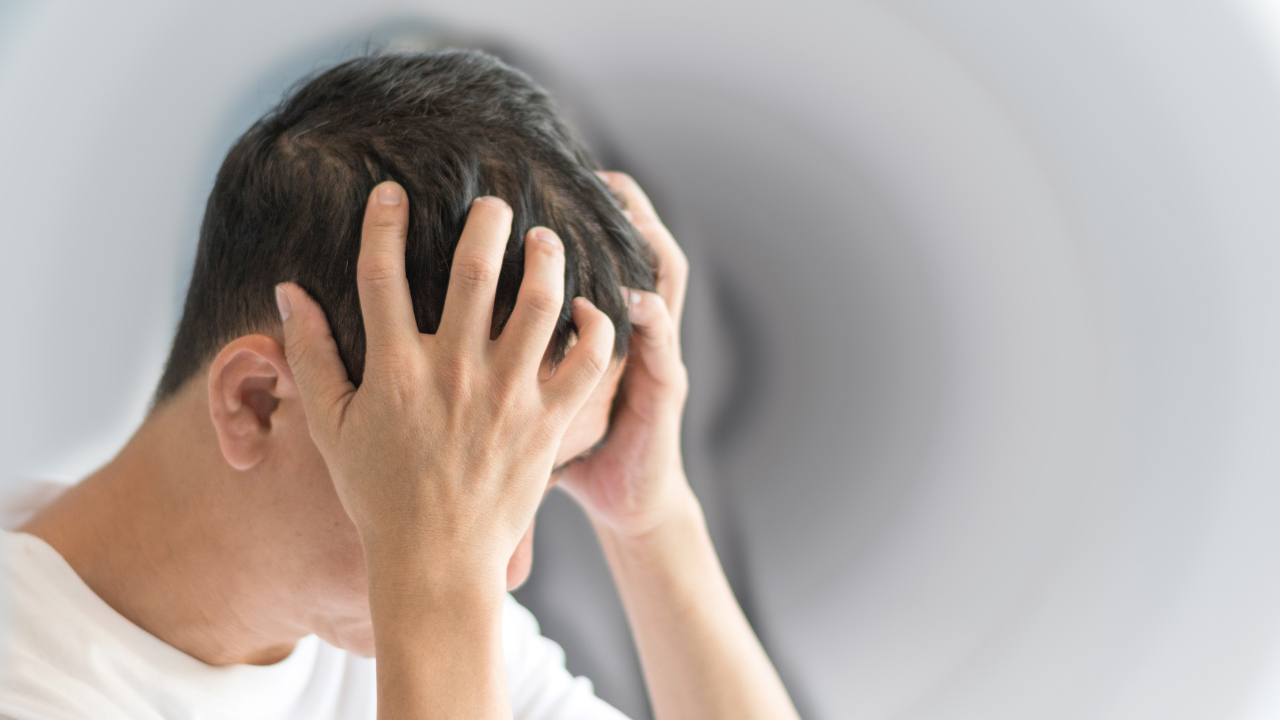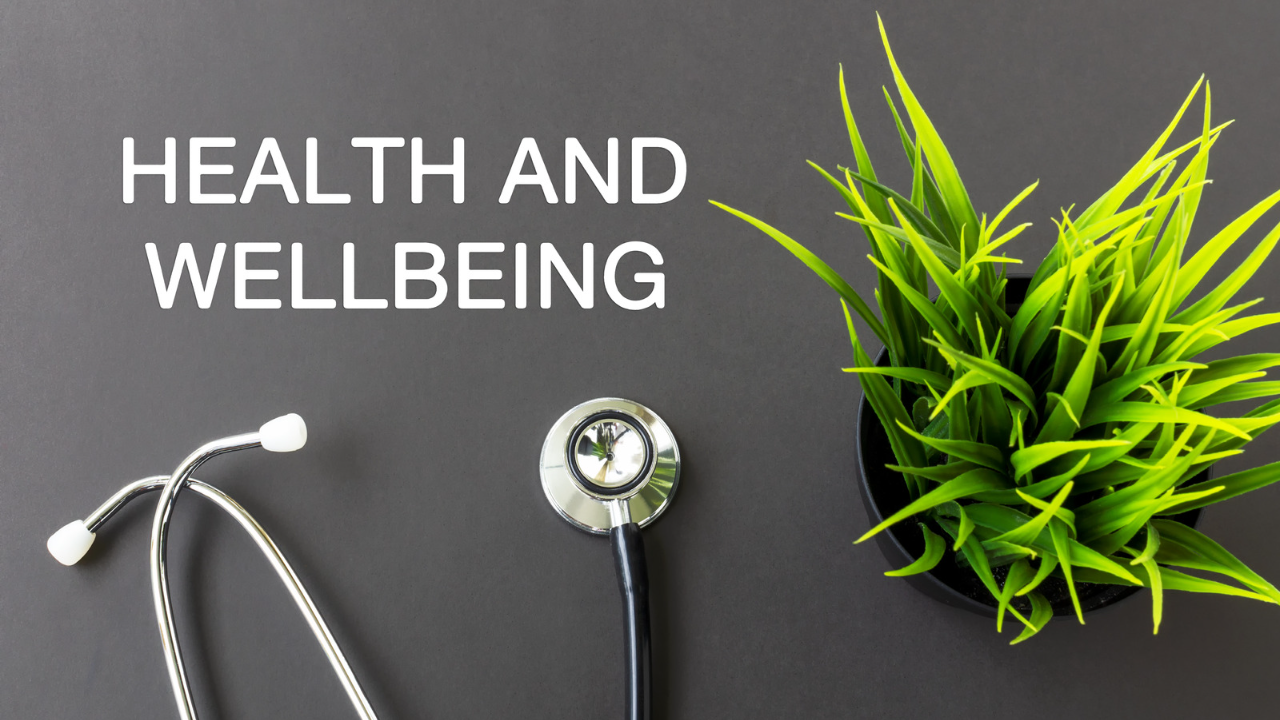What is Duloxetine?
Duloxetine is a prescription medicine. The brand name is Cymbalta.
Cymbalta belongs to a class of medicines known as SNRIs ( serotonin-norepinephrine reuptake inhibitors).

What is it used for?
It is used for a variety of reasons including to treat depression & anxiety. It can also be used to treat painful nerve conditions(neuropathy) and diabetic nerve problems(diabetic neuropathy). It can be also used to treat Fibromyalgia and chronic musculoskeletal problems such as muscle & joint pain. Duloxetine can be used off label to treat stress urinary incontinence.
How to take Duloxetine?
You can take this medication by mouth with or without food as directed by your Doctor. This medication is usually taken once a day unless there is a specific indication like stress incontinence or for treatment of major depressive disorder your healthcare provider would want you on this medication twice daily.
What dose should you start at?

That would depend on several factors including your age, your medical history and what other drugs you are on. I typically start patients on lower doses, which are 20 or 30mg, and titrate the dose up weekly monitoring for tolerability and side effects. The dose must be adjusted if you have renal impairment, and your creatinine clearance is less than 30. In older adults, above the age of 65 for major depressive disorder I would recommend starting at 20 mg daily and for generalized anxiety disorder at 30mg.
Duloxetine side effects and 16 TIPS and ADVICE to minimize or avoid them!
- 1.There is a black box warning of increased risk of suicidal thoughts and behavior esp. in children, adolescents, and young adults. If you DO have these thoughts immediately reach out your Doctor or a healthcare professional so that you can be helped and be taken care of.
- 2.This medication can cause liver problems. The main symptoms would be nausea & vomiting, abdominal pain, yellowing of your skin and the white of your eyes, and dark colored urine. Your healthcare provider should check your liver parameters regularly.
- 3.Another side effect would be orthostatic hypotension. That means if you stand up too quickly you might get dizzy, lightheaded and fall. When getting up from a sitting position take your time. Be cautious when going up & down stairs.
- 4.This medication may increase serotonin and rarely cause a very serious condition called serotonin syndrome. You might be taking other medications that can interact with Duloxetine causing high levels of the chemical serotonin to accumulate in your body.

This can result in a variety of symptoms such as high fever, muscle twitching, fast heartbeat, hallucinations, loss of coordination, dizziness, GI symptoms such as severe nausea/vomiting/diarrhea and unusual agitation. It is important that you speak to your healthcare provider about what medications and supplements you are on to minimize any drug-drug interactions.
- 5.This medication can also increase the chance of bleeding so it is a medication your health care provider might STOP before a surgical procedure.
- 6.If you are above 65, as the side effect profile is dose dependent, your healthcare provider will increase and titrate the medication slowly. Do not start a higher dose or increase the dose too quickly.
- 7.DO NOT suddenly stop the medication as it can cause discontinuation syndrome: You might have severe nausea, dizziness, and electric shock-like sensations in the head called or “brain shivers.” Some people feel so unwell that they are unable to work, and, in some situations, you might need to be treated symptomatically at the Hospital.

feeling dizzy - 8.Side effects also include skin reactions such as: Contact dermatitis, bruising, rash, itching, night sweats, skin photosensitivity. Discuss with your health care provider the options, such is decreasing the dose or treating the skin condition symptomatically. You might also face a life threatening skin condition called Steven Johnson Syndrome.
- 9.The medication can lower your sodium; this is called hyponatremia. If the sodium is too low this can increase the chances of a seizure. Your healthcare provider will have to check your electrolytes periodically with a blood draw.
- 10.This medication can also cause acute closed angle glaucoma which can be an ophthalmological emergency. The symptoms include eye pain, changes in vision, swelling, and redness, which can rapidly lead to permanent blindness if not treated. Make sure you follow up with your eye Doctor regularly.
- 11.This medication has also been associated with sexual disorder in both men and women: Symptoms include orgasm abnormal, erectile dysfunction, decreased libido. You might want to discuss the dose with your healthcare provider as well as consider the timing of the medication.
- 12.Duloxetine may activate a manic episode especially if your depression is not unipolar depression and rather bipolar depression. Make sure when you are having the discussion with your healthcare provider that you are as honest and transparent with all your symptoms. A family history, younger patients as well as a history of depression with psychotic features are considered risk factors.
- 13.Duloxetine can increase your blood pressure. Check your blood pressure regularly at home and at your Doctor’s.
- 14.Although the drug is used to help with stress incontinence, post marketing surveys have found a rare association with urinary retention. If you do have trouble urinating alert your Doctor about this.

Alcohol NO! - 15. Do not take this medication with Alcohol, not a good idea.
- 16. Duloxetine can slightly increase your blood sugars, so if you are a diabetic make sure you are monitoring blood sugar levels closely.
Note:
All drugs may cause side effects. The goal of this site is to educate you, if you are a on drug how it works and what you might expect in terms of common side effects. There will be always some people who have no or only mild side effects. If you do have side effects, call your Doctor ASAP to get advice accordingly.
Do NOT suddenly STOP a medication without talking to your healthcare provider.
Have a good day and THINK YOUR HEALTH!Check entire video here.
Source:




